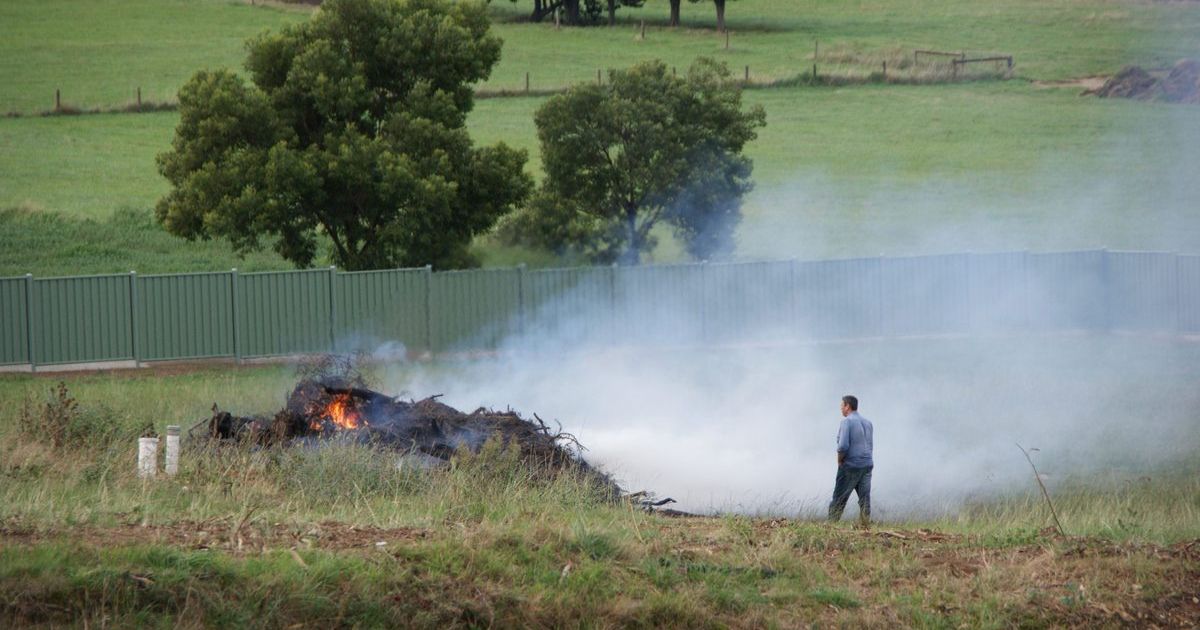Testing boundaries: the downfall of Henry Stephenson

Bare-faced cheek: Roads Board Clerk Henry Stephenson attempted to vet the women attending the Queen's Birthday Ball in 1864. Image: FILE
THERE have always been those who make a habit of minding other people’s business and Heathcote’s Henry Stephenson was no exception.
But his prurient interest in others’ lives, coupled with his own questionable behaviour, ultimately brought about his downfall.
In May 1864, as chairman of the Queen’s Birthday Ball committee, he placed a circular in the McIvor Times asking for the names of all the “ladies” who were invited to the ball, apparently so that he could judge their suitability.
At the time, Stephenson was living openly with Sarah Dove, widow of local trader William Dove, and this had offended the sensibilities of many prominent townspeople.
Quiet mutterings bubbled into outrage in the letters to the editor column after Stephenson’s request was made public, especially as he appeared to have used his position as Roads Board Clerk to give it legitimacy.
One correspondent, Fire Irons, wrote a lengthy diatribe.
“Who or what, let me ask, is this fellow Stephenson, whose name arrogantly stands first upon the list of members of Committee, and who is thus constituted the censor of our morals, and the analyst of the reputation of our families and friends?” they thundered.
“Is his own character so immaculate, so free from blemish or reproach, as to warrant him in casting the first stone, if occasion offered?”
They went on to note that they “spent a very pleasant evening, a fact attributable to my not having seen any of these circulars until it was all over.”
Another correspondent, Veritas, was equally pithy.
“Is Mr Stephenson to be set up as the judge of virtue and respectability?” they asked.
“A man who evaded the divine and moral obligation of life and sought the advantages due to respectability by introducing his mistress as Mrs Stephenson into our society?
“You will be the best judge whether or not to publish this circular, and let the ladies of Heathcote know who is set in judgement upon them and their characters.
“Does this man think, because he is Clerk of the Road Board, a committee man of the Mechanic’s Institute and of the Church of England, that he is also to be the judge of female virtue and respectability?”
Stephenson’s behaviour as Road Board Clerk had also brought him under scrutiny, with allegations of high-handedness and corruption brought before both the council and the courts.
By June 1864 a McIvor Times editorial noted the comments made by the editor of rival paper, the McIvor News.
“He says that this journal ‘is becoming a record pure and simple of the doings and saying of Mr Stephenson, Clerk of the Road Board,'” it said.
“There is more truth in this than is generally found in the columns of the News.
“It would indeed take far more space than we can spare to do justice to the Clerk of the Board.”
As the year progressed Stephenson’s dubious behaviour as a rate collector was the subject of many editorials and letters to the editor.
In April 1865 he turned his hand to storekeeping, while beginning a series of unsuccessful libel law suits, one of which was directed at the McIvor Times.
Any remaining feelings of public goodwill towards Stephenson appear to have evaporated when he drove off after running over a small child with his horse-drawn vehicle in July 1865.
The McIvor Times viewed his conduct as reprehensible saying he had taken “no more notice of the affair than if it had been a dog.”
In August 1865 Stephenson was found guilty of altering the rate books and attempting to deprive borough and shire councillor Dr Charles Robinson of his right to vote.
By 1867 Stephenson was no longer Roads Board Clerk, his business had failed and many of his goods were seized to pay creditors.
Eventually he left Heathcote to become, in the words of the McIvor Times editor, “the notorious Crown Lands bailiff at Echuca.”

















